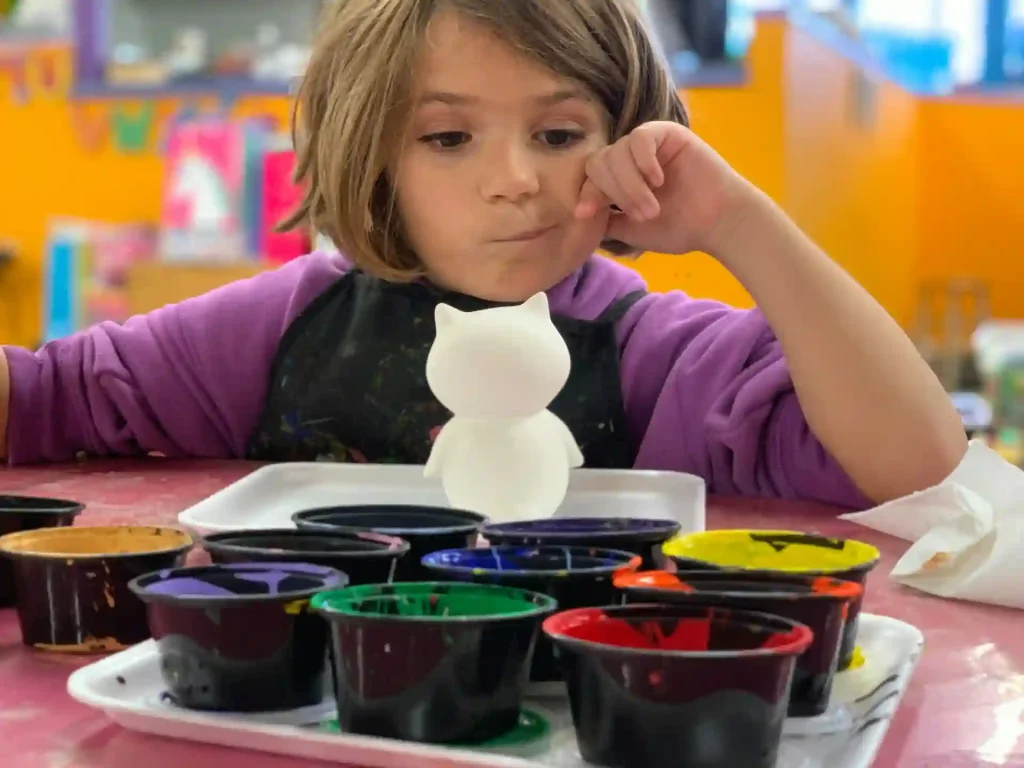After school games provide children with a valuable opportunity to learn, play, and build essential social skills beyond the classroom. Providing children with the right balance of play, learning, and social connection after school is essential for their growth. At SELF4KIDS, we believe that after school games are more than just recreation — they’re powerful tools for building creativity, emotional intelligence, and teamwork.
In this guide, we’ll explore five engaging after school games kids love, designed to support physical movement, cognitive skills, and social confidence. Whether you’re an educator, parent, or after-school coordinator, these activities can transform the hours after class into meaningful experiences for children.
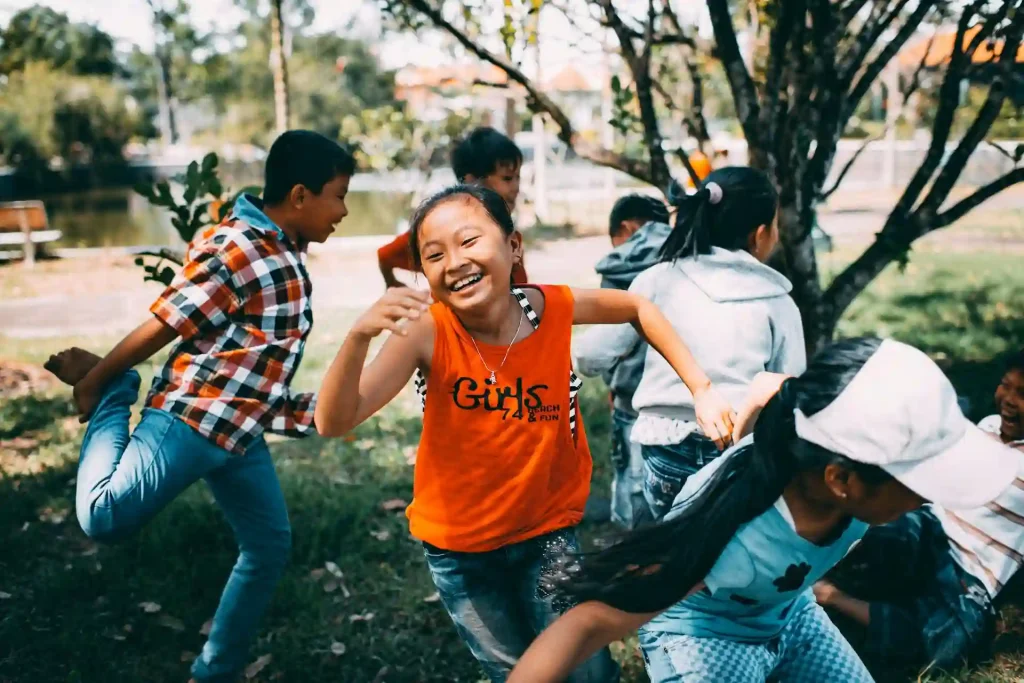
Contents
- 1 Why After School Games Matter
- 2 Top 5 After School Games Kids Love
- 3 How to Choose the Right After School Games
- 4 How to Integrate After School Games into Learning Programs
- 5 Educational Benefits of After School Games
- 6 How to Keep After School Games Engaging
- 7 How to Start an After School Games Program
- 8 FAQ: All About After School Games
- 9 Final Thoughts
Why After School Games Matter
After a full day of structured learning, children need opportunities to relax, recharge, and reconnect — both with themselves and others. After school games play a vital role in:
- Encouraging healthy movement and physical activity.
- Promoting teamwork and social skills through group play.
- Supporting emotional balance and self-expression.
- Reinforcing classroom learning through hands-on problem-solving.
- Reducing screen time and increasing real-world engagement.
At SELF4KIDS, we have observed that structured play after school helps children transition from the academic day to personal development time — an essential rhythm for overall well-being.
Top 5 After School Games Kids Love
These five games combine physical activity, imagination, and cooperation — all aligned with SELF4KIDS’ approach to holistic development.
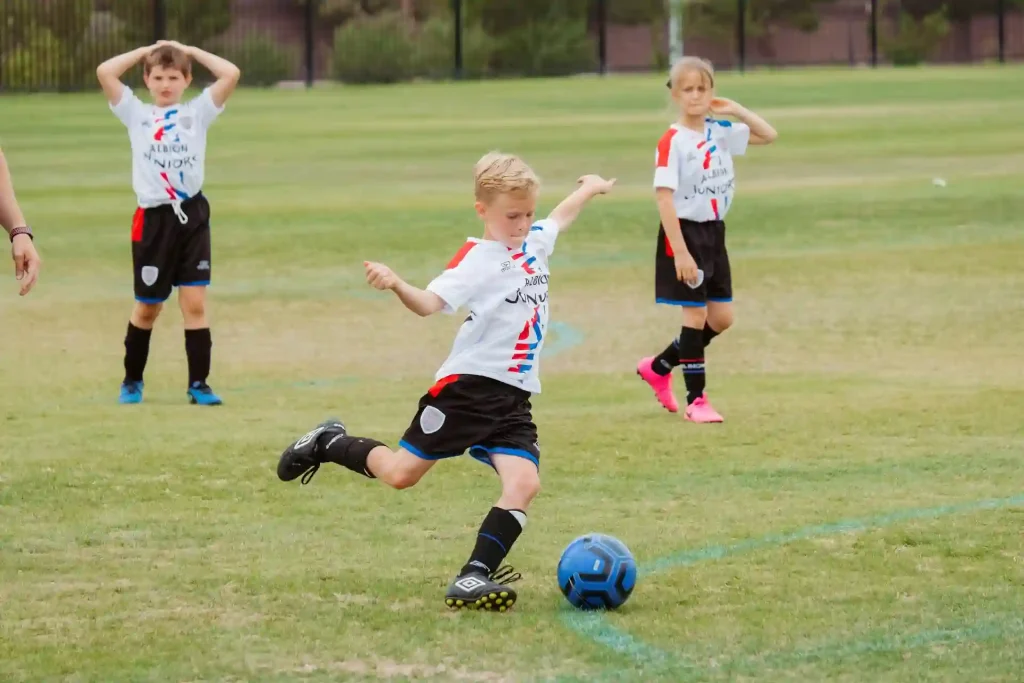
1. Capture the Flag: Classic Teamwork in Action
Objective: Build strategy, speed, and teamwork.
How to Play:
- Divide children into two teams.
- Mark two territories and place one “flag” (a scarf, cone, or ball) in each base.
- Teams try to steal the opponent’s flag and return it safely to their base without being tagged.
Why It Works:
- Promotes cooperative planning and communication.
- Builds spatial awareness and physical endurance.
- Encourages respect for rules and healthy competition.
SELF4KIDS recommends playing this outdoors in open areas with supervision to keep children safe and active.
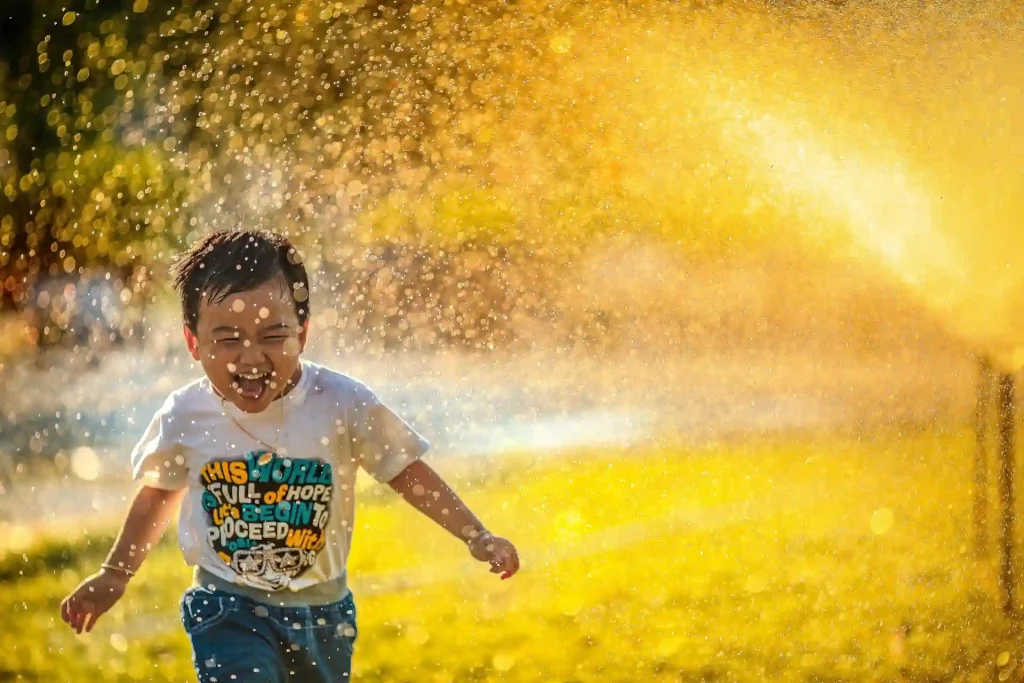
2. Obstacle Adventure: Balance, Coordination, and Courage
Objective: Improve coordination, agility, and perseverance.
Setup:
Use cones, jump ropes, hula hoops, or chairs to create a mini obstacle course. Include sections for crawling, balancing, hopping, and running.
How to Play:
- Explain the course and demonstrate each movement.
- Time each participant or form small teams to encourage peer support.
- Celebrate completion rather than speed to reinforce effort.
Why It Works:
- Enhances motor skills and balance.
- Builds confidence through achievable challenges.
- Supports goal-setting and perseverance.
We often integrate obstacle challenges into our after school programs to combine fun and physical learning.
3. Creative Charades: Expression Meets Imagination
Objective: Boost communication and emotional expression.
How to Play:
- Write words or themes (animals, sports, school subjects) on cards.
- Children take turns acting them out while others guess.
- No talking — just gestures, body language, and creativity!
Why It Works:
- Strengthens nonverbal communication.
- Encourages creative thinking and empathy.
- Builds confidence in expressing ideas publicly.
At SELF4KIDS, we’ve seen how after school games like charades can help even quiet children open up and engage comfortably with peers.
4. Balloon Volleyball: Light, Laughing Energy
Objective: Encourage teamwork and quick thinking with minimal equipment.
Setup:
Use a balloon and a piece of string or tape to divide the “court.”
How to Play:
- Form two teams on either side.
- The goal is to keep the balloon from touching the floor while sending it to the opposite side.
- Encourage cheering and cooperative play.
Why It Works:
- Great indoor activity for limited space.
- Develops focus, timing, and reflexes.
- Promotes shared success rather than competition.
We use Balloon Volleyball as a calming yet energizing activity — a perfect midweek game in our after school sessions.
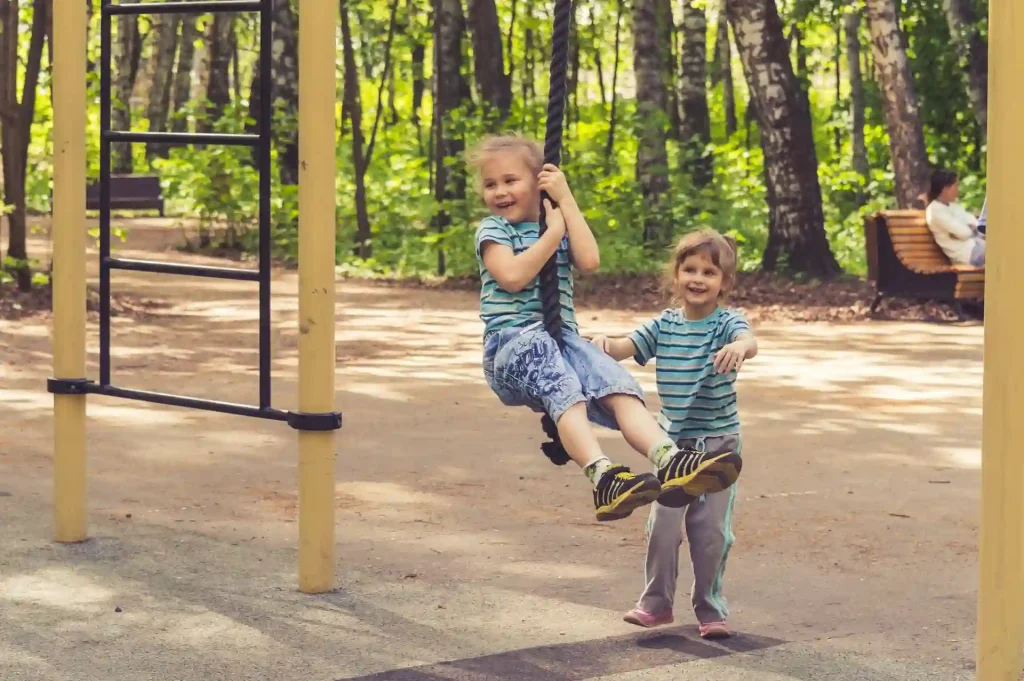
5. Story Circle Relay: Building Words and Bonds
Objective: Strengthen imagination, collaboration, and literacy.
How to Play:
- Gather students in a circle.
- Start a story with one sentence (e.g., “Once there was a robot who loved rainbows…”).
- Each child adds one sentence, continuing the story.
- End the game with a group reflection on the story’s meaning.
Why It Works:
- Encourages language development and creativity.
- Fosters listening skills and turn-taking.
- Builds empathy through shared storytelling.
This is one of our favorite after school games at SELF4KIDS because it brings laughter and imagination into learning.
How to Choose the Right After School Games
When planning after school games, balance fun, safety, and developmental value. Here’s a quick checklist to guide educators and parents:
- Age Appropriateness: Ensure the game suits the physical and emotional maturity of children.
- Inclusivity: Choose activities that allow everyone to participate regardless of skill level.
- Learning Goals: Select games that reinforce communication, leadership, or problem-solving.
- Safety First: Always supervise, especially during active or outdoor games.
- Rotation: Vary the games weekly to maintain excitement and engagement.
At SELF4KIDS, we design every after school game around these principles, ensuring both enjoyment and skill development.
How to Integrate After School Games into Learning Programs
Integrating after school games into educational settings requires thoughtful structure. Here’s how we do it:
1. Begin with Emotional Reset
After class, children need a short mental break. Use light activities like music, stretching, or mindful breathing before starting games.
2. Connect Play to Learning
Relate game themes to subjects learned in class — for instance, math puzzles during scavenger hunts or science trivia in team challenges.
3. Reflect and Reinforce
After playing, guide a brief reflection:
- What was the most fun part?
- What did you learn about teamwork?
- How could we improve next time?
This reflection deepens learning and transforms play into a growth experience.
4. Mix Indoor and Outdoor Options
Having both helps maintain engagement regardless of weather and keeps activities diverse.
5. Celebrate Participation, Not Perfection
Every child should feel proud to take part — that’s the heart of SELF4KIDS philosophy.
Educational Benefits of After School Games
Research and experience consistently show that after school games:
- Improve attention and focus in academic settings.
- Build leadership and collaboration skills.
- Enhance motor coordination and overall fitness.
- Support mental well-being by lowering stress.
- Develop self-regulation and patience through turn-taking and shared goals.
When children play with purpose, they grow in confidence and curiosity — essential foundations for lifelong learning.
How to Keep After School Games Engaging
Here are a few strategies SELF4KIDS uses to maintain excitement and participation:
- Rotate Game Types: Alternate between active, creative, and reflective games.
- Invite Kids to Lead: Let them suggest new ideas or modify rules.
- Add Seasonal Themes: For example, fall “harvest races” or winter “snowflake tag.”
- Track Progress: Use fun certificates or badges for teamwork, effort, or creativity.
- Encourage Family Play: Share games at home to strengthen family bonds.
By keeping the format fresh, after school games remain a highlight of every week.
How to Start an After School Games Program
If you’re an educator or parent organization looking to start your own after school games initiative, here’s a step-by-step guide:
- Assess Space & Safety: Identify areas suitable for physical or creative play.
- Set Weekly Themes: (e.g., teamwork, problem-solving, creativity).
- Create a Resource Box: Include items like balloons, ropes, markers, and notecards.
- Train Supervisors: Ensure every adult understands safety and developmental goals.
- Evaluate Regularly: Ask for student feedback and adjust the schedule accordingly.
At SELF4KIDS, our model ensures every activity contributes to social, emotional, and cognitive development while keeping joy at the center.
FAQ: All About After School Games
1. What are the best after school games for small spaces?
Indoor-friendly options like Balloon Volleyball, Simon Says, or Story Circle Relay are ideal for classrooms or smaller areas.
2. How often should we change the games?
We recommend rotating after school games weekly to maintain interest and expose children to different skills.
3. Can after school games be educational?
Absolutely. Many after school games reinforce classroom lessons by integrating problem-solving, teamwork, and creative thinking.
4. How can I motivate kids who seem uninterested?
Offer choice, make teams smaller, and focus on inclusive fun rather than competition. Children often engage more when they feel ownership.
5. What’s the best way to manage large groups?
Assign group leaders, divide play zones, and set clear expectations before starting. Consistency and structure make large-group games smooth and safe.
Final Thoughts
At SELF4KIDS, we see every game as a doorway to learning. The best after school games spark laughter, friendship, and discovery — transforming ordinary afternoons into extraordinary experiences.
When children play with purpose, they develop not only stronger bodies but also resilient minds and empathetic hearts. So, gather your group, set up a few cones or balloons, and try one of these five fun activities today. You’ll be amazed at how much growth hides inside a simple game.
